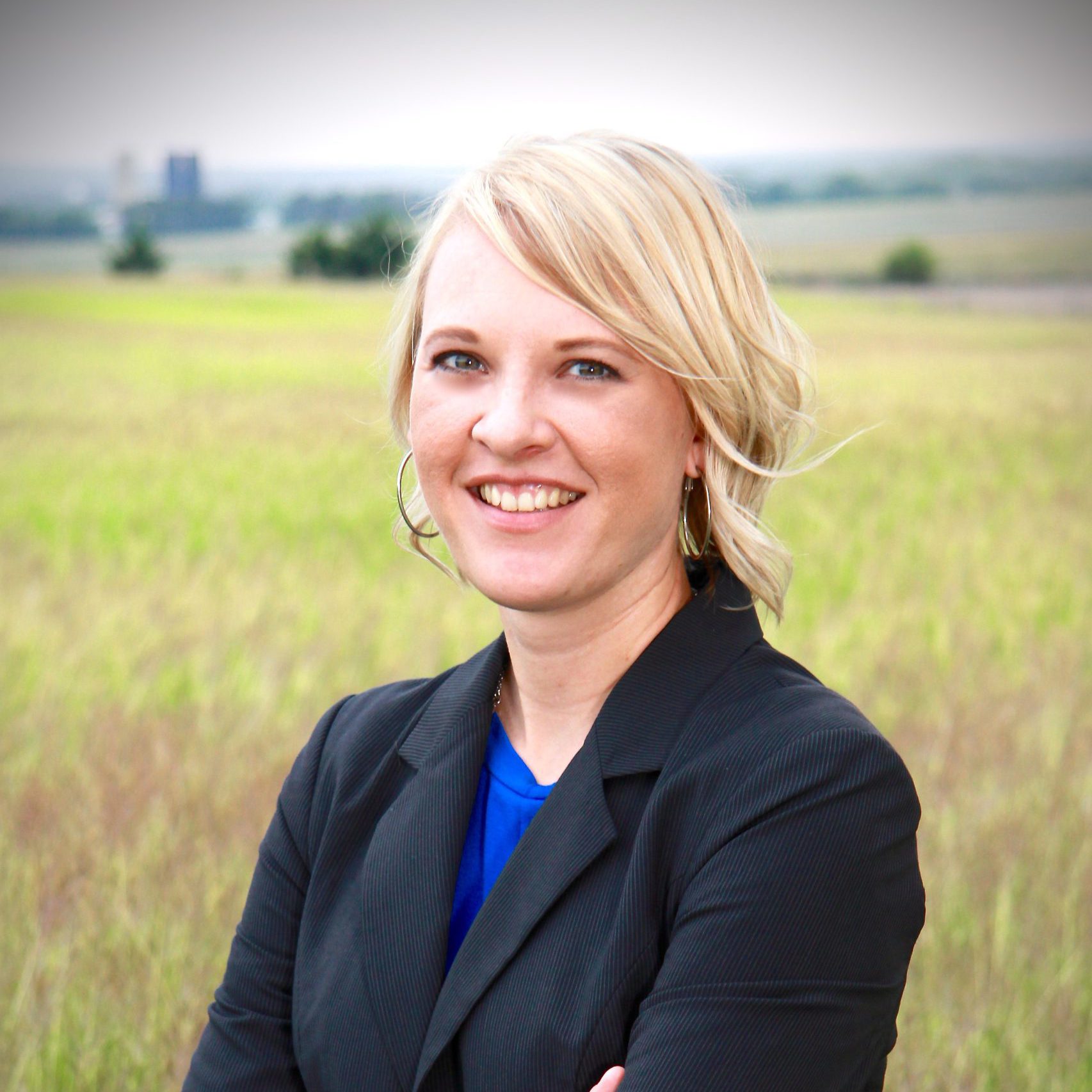Originally published in the Spring 2022 Issue of Kansas Child Magazine.
Like so many other communities across the state, Lincoln County has seen a worrying decrease in child care availability over the past several years. During the summer of 2021, we lost another provider, leaving only two licensed in-home providers with a total capacity of 21 — in a county with a potential demand for 156 slots.
Although the Lincoln County Economic Development Foundation (LCEDF) had been calling attention to the issue and researching potential solutions for years, the strain that the shortage was having on our local businesses and economy required a much more proactive approach. Because the costs and complexities of opening a child care center are so burdensome, the LCEDF decided to incentivize community members to start up new in-home facilities.
One of our first challenges was figuring out how to provide upfront funding to a new provider while ensuring that they followed through with their plans and stayed open for at least a few years. We worried that, using a traditional upfront grant, the provider might quit after six months — thus wasting our investment. We needed a program that would not only add openings, but also provide stability to child care in our community.
With these considerations in mind, the LCEDF crafted a new $5,000 Childcare Startup Grant program, a unique quasi-grant/loan hybrid. Working with local banks, the $5,000 is offered as a traditional loan to the new provider. As long as the provider operates a child care facility over a five-year period, they are not required to make any payments on the loan. Rather, the LCEDF will make annual payments covering both the principal and the interest on the loan. After five years, the LCEDF will have paid off the loan. In essence, the $5,000 will have been converted into a grant. On the other hand, should the provider quit after a few years, they would become responsible for paying off the remaining balance on the loan.
On top of this initial $5,000, the Dane G. Hansen Foundation has offered additional grant funding to the LCEDF to sweeten the deal. To create a sense of urgency, the LCEDF used the DGH funding to offer another $3,000 to any new provider that opened by the end of 2021 — which meant providers could take advantage of a total $8,000 in incentives. This additional $3,000 grant would be fully paid to the provider upon permanent licensure of their child care facility.
We’re happy to report that the program has generated immediate results. Two new in-home child care facilities opened in January, doubling the county’s number of licensed providers.
Although the facilities didn’t open by the end of the year, the delays were due to state processing times and COVID-related illnesses and quarantines. Knowing that the new providers were working as hard and as fast as they could, the LCEDF granted a deadline extension so that they could receive the assistance they needed. Due to the success of the program thus far — and the need for yet more child care slots — the LCEDF has extended the offer of $8,000 in funding to any new providers that open within the county by July 1, 2022.
For full program details or to download an application, visit livelincolncounty.com/childcare-startup-grant.
-

Kelly Gourley
Executive Director, Lincoln County Economic Development Foundation
As executive director, Kelly works with businesses, local governments, nonprofits, and key stakeholders to develop and implement strategies to further community and economic development efforts. She also serves on the board of directors for the Western Kansas Rural Economic Development Alliance and the North Central Regional Planning Commission.






